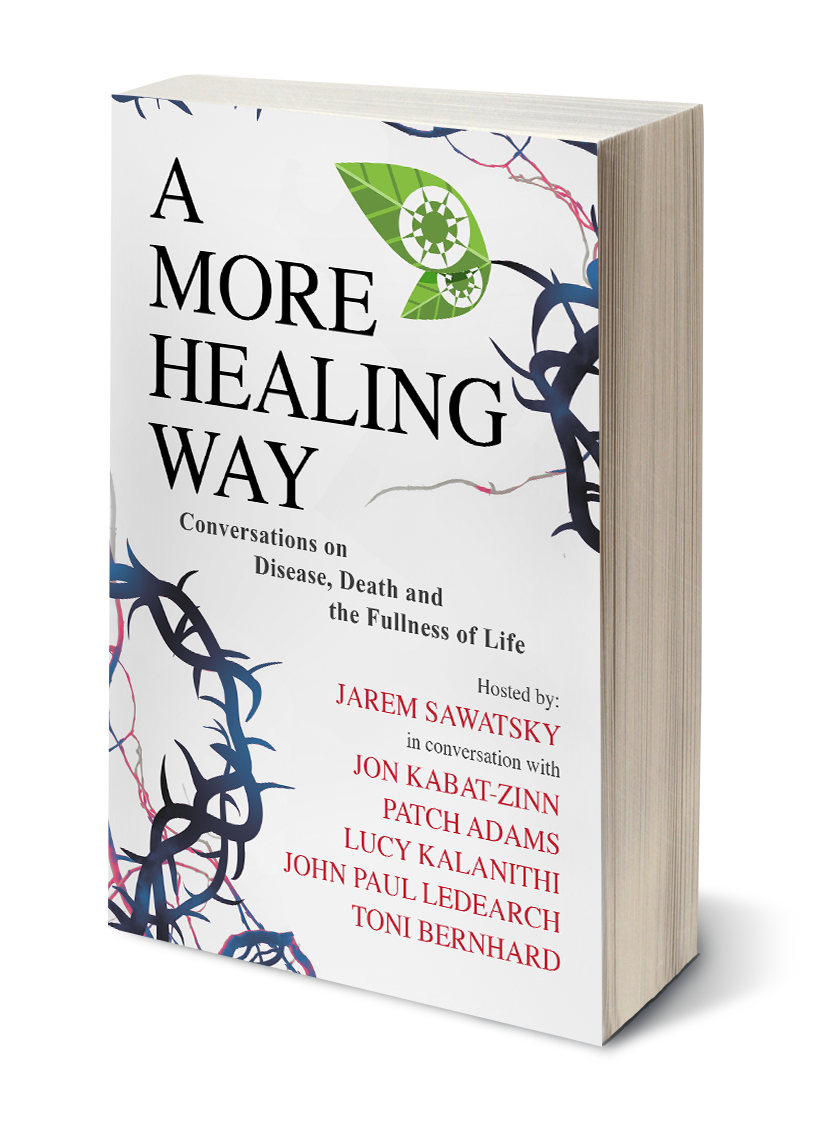
Where should I send the audio and video series?

Where should I send the audio and video series?
People too often enter into conflict with an eye on how to resolve, manage, or transform it, thereby losing sight of the people involved and the end desired. Justice and peace too often serve as abstract ideals or distant shores. We have not yet learned enough about how these ends can also be the means of conflict resolution. Drawing on the imaginations of some leading peace and restorative justice practitioners, Justpeace Ethics identifies components of a justpeace imagination–the basis of an alternative ethics, where the end is touched with each step. In this simple companion to justpeace ethics, Jarem Sawatsky helps those struggling with how to respond to conflict and violence in both just and peaceful ways. He offers practical examples of how analysis, intervention, and evaluation can be rooted in a justpeace imagination.
an enormously valuable contribution to thinking about doing justice and building peace. . . . Justpeace Ethics provides an immensely practical guide to those seeking to build peace and justice.
...a fresh and provocative perspective on the intersection of restorative justice and conflict transformation.
we can espouse wonderful principles and yet do some terrible things if our principles and our practices are not consciously grounded in values. This is true not only for restorative justice but for all of peacebuilding. That is why Jarem’s work is so important.